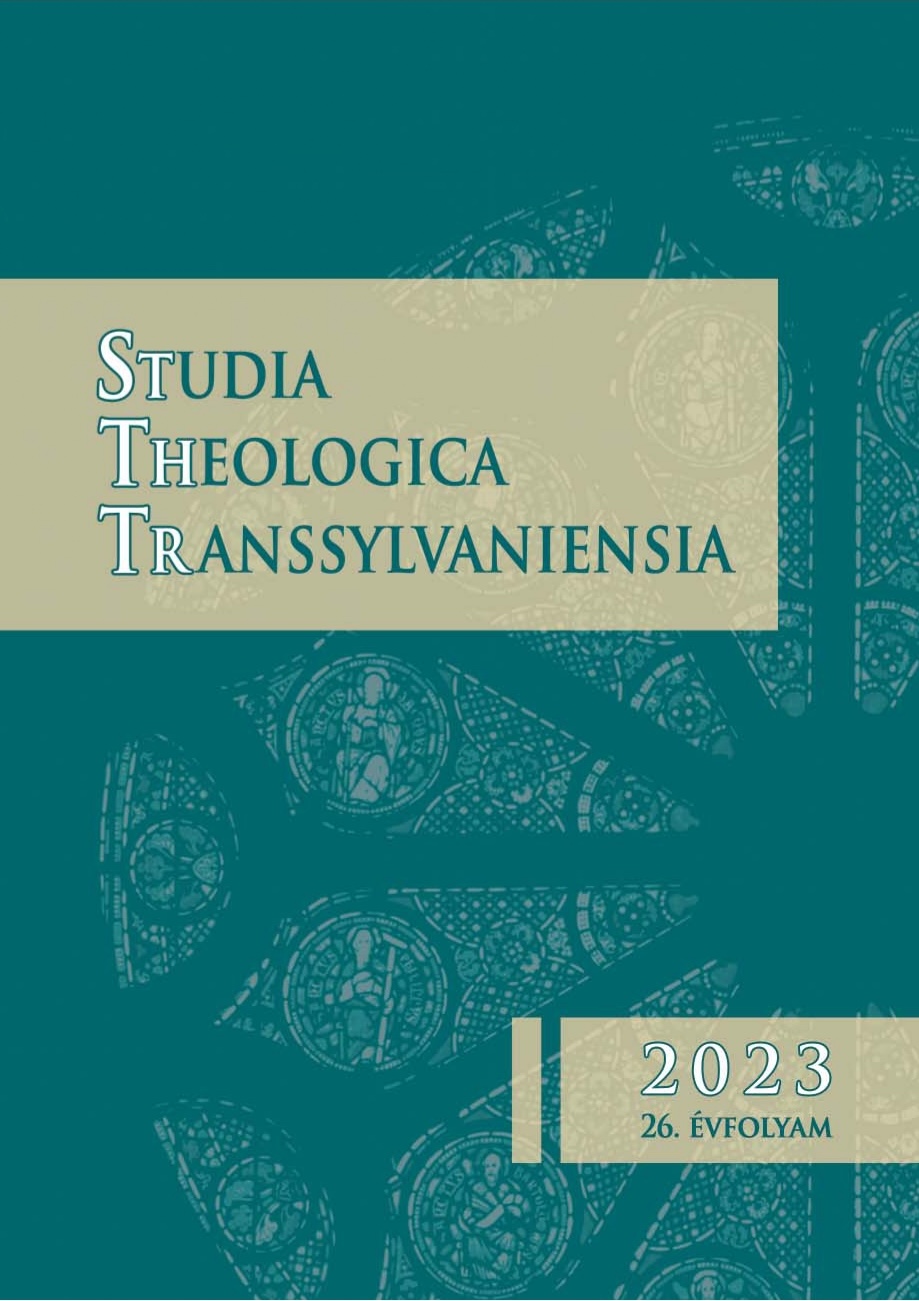Az abortusz megítélése az ókeresztény korban
DOI:
https://doi.org/10.52258/stthtr.2023.02Kulcsszavak:
abortion, Septuagint, Church Fathers, early church councils, fetal protectionAbsztrakt
The study aims to prove that the views of the movements fighting for abortion freedom are not at all compatible with the Catholic tradition. It is true that in some early Christian works we come across the view that the foetus only becomes a human when it is formed. However, those statements are all related to that part of the Septuagint that the translators formulated under the influence of Greek philosophy, and they differ significantly from the original Hebrew text. Nowhere in the early Christian writings is there even a faint hint that early abortion was permissible. The foetus was considered as an object of divine providence from its conception; it was believed that the foetus already possessed all the characteristics that would develop later. The applicability and extent of the church punishment for abortion was therefore independent of the stage of pregnancy in which the abortion took place.
Downloads
Megjelent
Hogyan kell idézni
Folyóirat szám
Rovat
License
Copyright (c) 2023 Pál Sáry

This work is licensed under a Creative Commons Attribution 4.0 International License.






